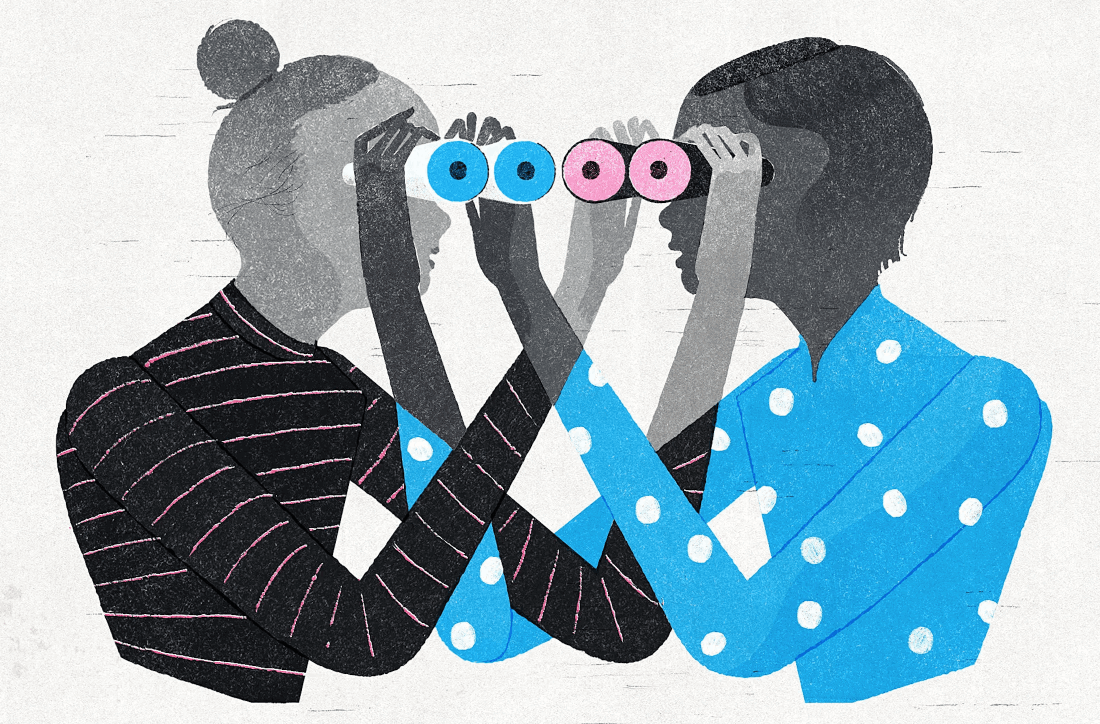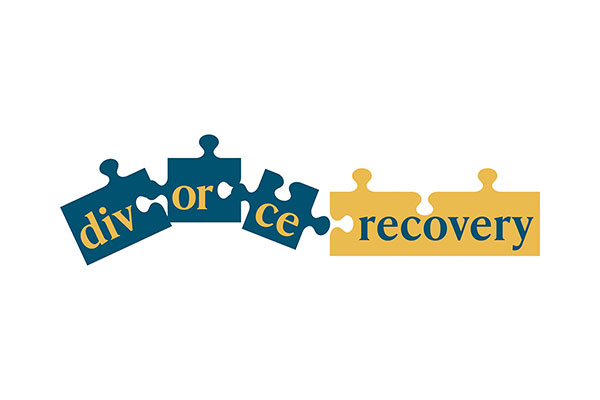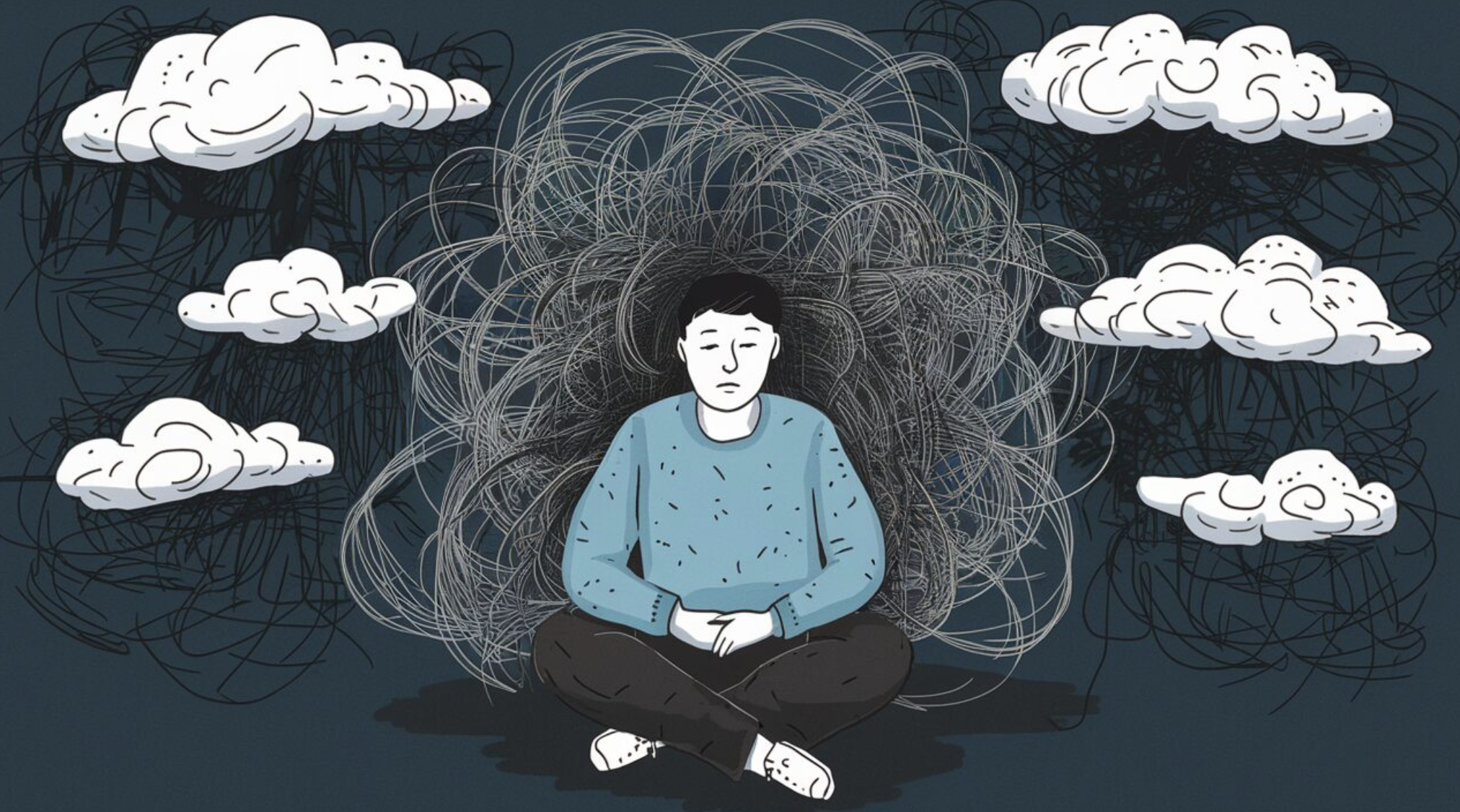EmpathyEmpathy is the ability to understand and share the feelings of another person. In psychodynamic ther... is the experience of resonating with another person’s experience. People who are strong in this trait describe it as “feeling with” another person or “experiencing alongside” them. Empathetic people are good at imagining what it might be like to be in the other persons shoes, both situationally and emotionally. They are good at simulating, inside of themselves, the experience they imagine the other is going through – for both positive and negative experience. They can easily connect the experiences of the other to themselves, even in abstract ways. They are great at connecting. Those who are empathetic often feel more deeply and therefore need more time to recover, or be alone, when compared to someone less empathic.
Is Empathy the Same as Sympathy?
Empathy is different from sympathy in that empathy is the ability to feel another’s feelings and verbalize connection to the other from that place. Sympathy is the ability to recognize another situation or feelings and offer support, but from a more validating and distanced placed.
Tips for Developing Empathy
1) Get Therapy. If you have never had the experience of someone deeply attuning to you and your experience, how are you supposed to expect yourself to have the same capacity? Empathy is very much a capacity cultivated through experience with another person. In therapy, also spend time getting connected to yourself. It helps to work on developing an openness and language for your own emotional experiences.
Offering empathy to another person is difficult if you can’t first offer that same kind, open, nonjudgmental attention to yourself. Therapy is super helpful in helping people depend their capacity for empathy towards both themselves and others. It is also helpful in working on the parts of yourself that interfere or block your ability to connect with others. A relational, interpersonally oriented or psychodynamic therapist is particularly helpful with this aspect of therapy.
2) Try and find moments throughout your week where you practice being present and opening yourself up and listening deeply to another person’s experience. Allow feelings to come to the surface and notice them as best as you can.
3) Journal. Spend time at the end of your day reflecting, not just writing a chronology of events but an emotional diary too. Push yourself to expand your emotional language. If you google “list of feelings” there are tons of quick reference sheets that can help you develop more language for the nuances embedded between emotional experiences. This is an important growing edge when expanding your capacity for empathy. More language equals more awareness.
4) Empathy develops as a result of connection with others. If you are on the extreme of being too isolated or, on the other, too overwhelmed it is hard to open yourself up to another person. If you are on the isolated side of things, work towards finding people to connect with in your life. Start with trying to connect with people in your already existing social circles (work, the gym, neighbors, church, etc.). Websites likes meetup.com and others are great at connecting people. In large, empathy is developed by continued and ongoing connection with others, it is born primarily out of experience with other people. Frequent social contact is critical and may be a real starting place for some. If you are on the overwhelmed side, try and find balance in your life. Doing isn’t always better than not doing. Learn boundariesBoundaries in group therapy are the limits established to maintain a safe and respectful environment... and when to say no to invites. Practice taking care of yourself and recharging in the ways the work best for you can improve your capacity for empathy.
5) Metta Meditation. There is a form of meditation called “metta meditation” or “loving-kindness” meditation. You can find examples all over the internet. There are lots of apps these days that have metta meditations built right into the platform too. Essentially, it is a mindfulnessMindfulness in CBT involves focusing on the present moment without judgment. It helps individuals be... or meditation practice aimed at cultivating kindness and love. The meditations start with opening a loving heart to those whom it seems to come naturally for and expanding over the course of the meditation to more far reaching and distant people and groups. Studies show that regular metta meditation practice has a real effect on increasing both insightInsight refers to the understanding and awareness clients gain about their thoughts, feelings, and b... and empathy.
Tips for Expressing Empathy
1) Don’t just hear, listen. There is a big difference between hearing someone and actually listening to them deeply. Empathy doesn’t have a chance to bloom without deep listeningDeep listening in mindfulness is the practice of fully focusing on the speaker, without interrupting.... Listen to the words, make eye contact, become aware of the emotions present, connect to the feelings being expressed. Repeat back in your mind what you are hearing, in your own language. Important insights are often hidden in the space between words and where the words and expressed emotion seem to be incongruent.
2) Validate, validate, validate. Nothing expresses empathy like validationValidation in CBT involves recognizing and acknowledging one’s feelings or thoughts without judgme.... Hear what is being said and without trying to change or fix anything. First offer validation for what they are sharing then repeat back key words and experiences they are sharing. Try and regurgitate what you are hearing into your own language and ask if you are understanding them properly. This is a meaningful form of validation.
3) Take a risk and share your experience. It is scary to be vulnerable and empathy requires you to take a leap of faith. Sharing kind words, celebrating in someone else’s successes, asking those deeper questions, and sharing your own feelings about what another person is going through feels risky. Practice, in small steps, even for a moment.
4) Learn to ask good questions. This is a hallmark of empathy. Use your own emotional experience with the person to guide these questions. This is a very evolved skill. For example, you notice a feeling of helplessness or desperation when hearing a friend open up to you about a recent loss. In that moment, you might share, “I am wondering if you felt helpless when you heard the news?” or “I could imagine you felt so scared and desperate when they called.” Moments like this really connect people. Connecting your experience, in-the-moment, to the experience of another is the bedrock of empathy.
3 Tips to Help Children Become More Empathetic
1) Validate your own children’s feelings as a regular part of how you communicate, interact, and discipline. Use feeling words in your interactions and parenting style. For example, “I know you are frustrated about taking a nap right now, you were just in the middle of playing. I can tell you are sad you have to stop. It’s okay to feel angry about that and I promise we will get back to it right when you wake up.” My wife and I read a book called Elevating Child Care: A guide for Respectful Parenting by Janet Lansbury before our son was born. It has been instrumental in helping us to allow our son to develop emotionally, with specific regards to developing empathy and social skills. This book is written for younger kids but I can imagine parents with kids of any age can benefit from reading it.
2) First, get them around other children. Again, just like adults, we develop empathy through experience with others. Coming out of COVID here, it is important to get your kids back around other kids. They need this for their psychological growth and development. Play is a major factor in helping children develop empathy. Allow them to get a good dose of healthy, peer play each week. Play is not screen time. There is some evidence now that more screen time is linked with less empathy in kids and teens. Play is unstructured, parent-supported (but not overridden) interactions with other kids.
3) When you see your child experiencing an emotion, help them to put their own language to it. Ask “are you feeling sad right now? Was it scary when the truck just went boom? Were you excited to see your friends at the park today!?” Literally ask them about their feelings and experiences of the day and let them talk. You can start this at a really young age. Recaps of the day are one of my favorite things to do with my son. All of this helps them develop and grow their capacity for empathy and regulate their own feelings.
While interacting with other kids, ask questions that guide emotional insightEmotional Insight is the understanding and awareness individuals gain regarding their emotional expe... and teach emotions directly when appropriate. “Tommy was really sad when you took the ball from him. Do you think you could let him play with it for a few minutes and when he’s done you can have a turn?” or when another child is in full emotional display, put words to it for them, “Grayson is pretty upset to have to leave the park. He is pretty sad and frustrated, isn’t he?” Integrating this style into your parenting is really helpful when it comes to allowing your kid to develop a well-integrated capacity for empathy as well as emotion regulationEmotion regulation refers to the ability to manage and respond to emotions in a healthy way. In CBT,....





